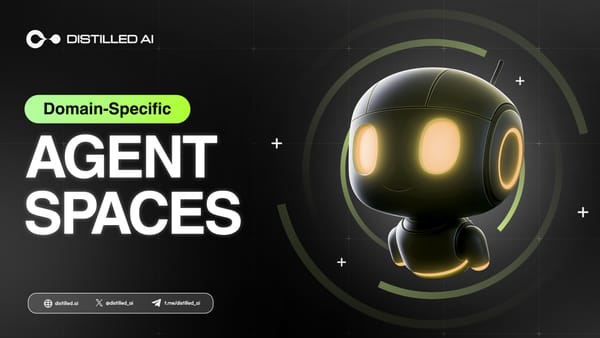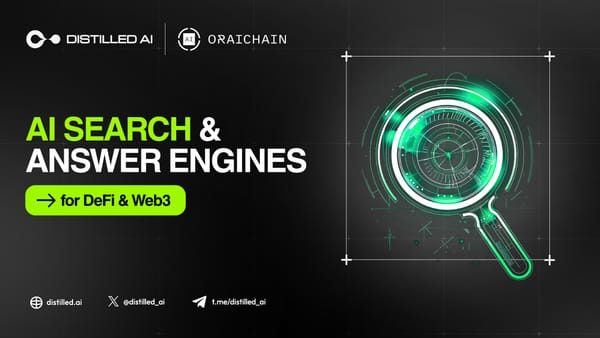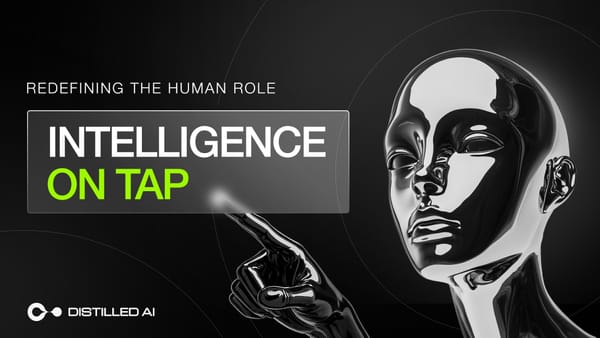Overview of AI Multi-Agent Systems

Artificial intelligence (AI) has revolutionized numerous sectors by introducing sophisticated technologies that enhance efficiency and productivity. One of the most promising AI applications is multi-agent systems, which have been gaining attention for their potential in various domains, including messaging apps. In this article, we will delve into the world of AI multi-agent systems, exploring their significance and applications in messaging technology.
Introduction to AI Multi-Agent Systems
AI multi-agent systems are distributed systems composed of multiple interacting agents that work together to achieve common goals. These agents can be software programs, robots, or even humans, each with their own capabilities and objectives. The key feature of multi-agent systems is their ability to collaborate and adapt in dynamic environments, making them highly effective in solving complex problems.
Key Characteristics of Multi-Agent Systems
- Autonomy: Each agent operates independently, making decisions based on its local environment and objectives.
- Decentralization: There is no centralized control; decisions are distributed among agents.
- Reactivity: Agents respond to changes in their environment.
- Proactivity: Agents can take initiative to achieve their goals.
- Social Ability: Agents can interact with other agents to achieve common goals.
Significance of AI Multi-Agent Systems
The significance of AI multi-agent systems lies in their ability to handle complex tasks that require coordination and cooperation. Here are some reasons why they are crucial:
- Scalability: Multi-agent systems can scale more easily than centralized systems, as adding new agents does not require significant changes to the existing infrastructure.
- Flexibility: These systems can adapt to changing conditions and requirements, making them suitable for dynamic environments.
- Robustness: If one agent fails, others can continue to operate, ensuring system resilience.
Applications in Messaging Apps
AI multi-agent systems have the potential to revolutionize messaging apps by enhancing user experience and improving communication efficiency. Here are some potential applications:
1. Personalized Messaging Assistants
- Functionality: AI agents can analyze user behavior and preferences to provide personalized suggestions and automate routine tasks, such as scheduling appointments or sending reminders.
- Benefits: Users receive more relevant and timely information, enhancing their overall messaging experience.
2. Content Moderation
- Functionality: Multi-agent systems can be used to monitor and moderate content in real-time, ensuring that messaging platforms remain safe and respectful.
- Benefits: Automated moderation helps reduce the workload for human moderators and improves response times to inappropriate content.
3. Group Chat Management
- Functionality: AI agents can help manage group chats by summarizing key points, suggesting relevant topics, and even facilitating decision-making processes.
- Benefits: Users can navigate complex group conversations more efficiently, reducing information overload and improving collaboration.
Future Potential
The future of AI multi-agent systems in messaging apps is promising. As AI technology advances, we can expect to see more sophisticated applications that integrate seamlessly with user needs. Some potential developments include:
- Enhanced Privacy: Multi-agent systems could be designed to protect user privacy by ensuring that sensitive information is handled securely and locally.
- Improved Accessibility: AI agents could assist users with disabilities by providing personalized communication tools and interfaces.
Conclusion
AI multi-agent systems represent a powerful tool for enhancing the functionality and user experience of messaging apps. By leveraging the collaborative and adaptive nature of these systems, developers can create more efficient, personalized, and secure communication platforms. As AI continues to evolve, we can expect to see even more innovative applications of multi-agent systems in various sectors.
FAQs
- What are AI Multi-Agent Systems?
AI multi-agent systems are distributed systems consisting of multiple interacting agents that collaborate to achieve common goals. These agents can be software programs, robots, or humans, each with their own capabilities and objectives.
- How Do Multi-Agent Systems Enhance Messaging Apps?
Multi-agent systems enhance messaging apps by providing personalized messaging assistants, automating content moderation, and improving group chat management. These features enhance user experience and improve communication efficiency.
- What Are the Key Benefits of Multi-Agent Systems?
The key benefits include scalability, flexibility, and robustness. Multi-agent systems can scale easily, adapt to changing conditions, and continue operating even if one agent fails.
- What Is the Future Potential of Multi-Agent Systems in Messaging Apps?
The future potential includes enhanced privacy and improved accessibility. Multi-agent systems could protect user privacy by handling sensitive information securely and assist users with disabilities by providing personalized communication tools.



